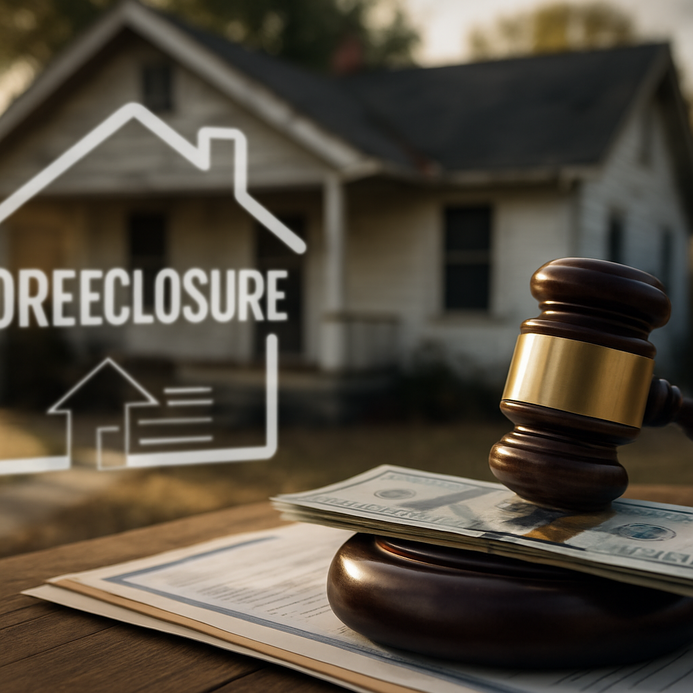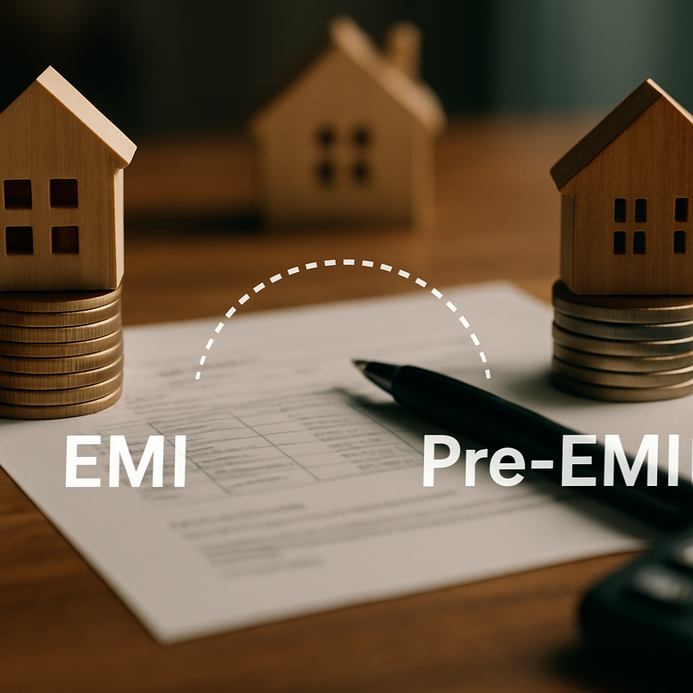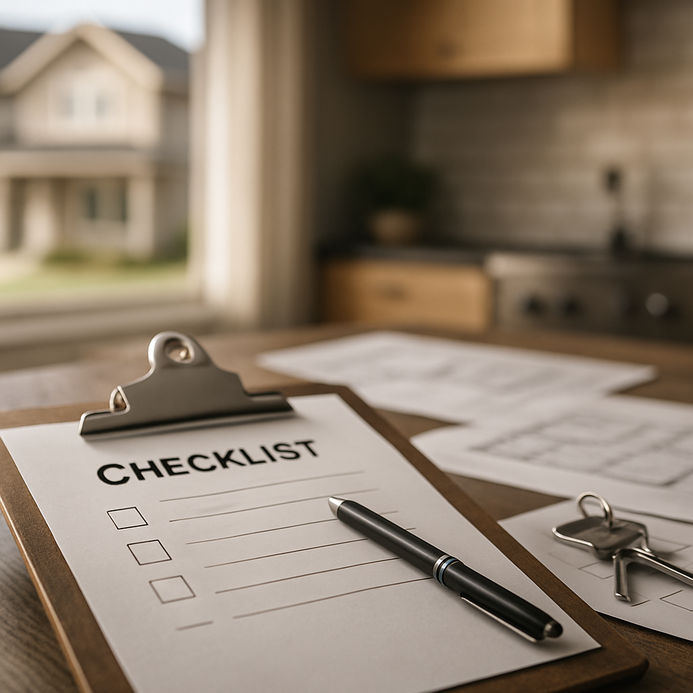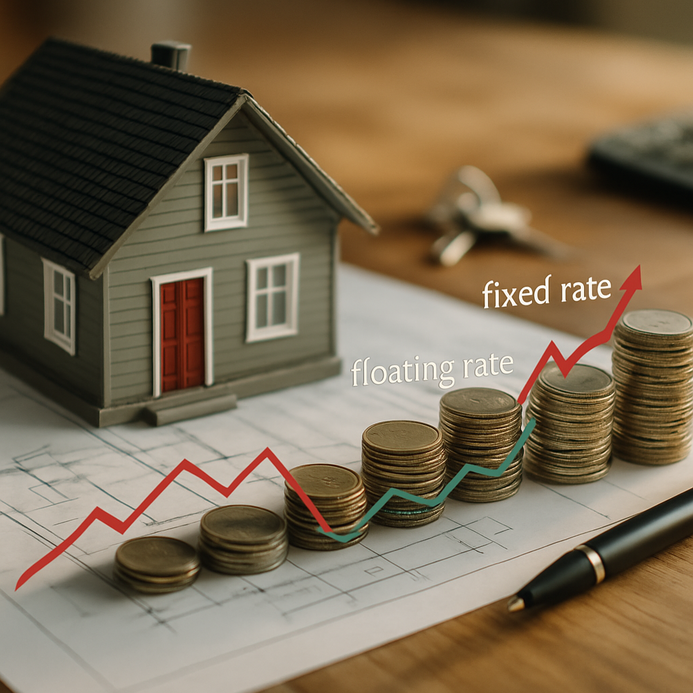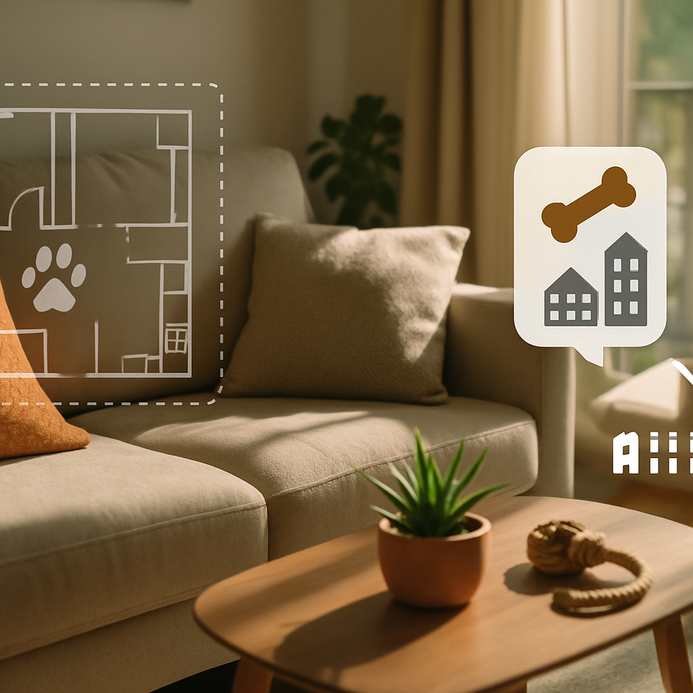First-Time Homebuyer Tips: Your Ultimate Guide for Solo Buyers
Understanding Your Financial Landscape
Jumping into homeownership? It’s a big deal, especially for first-timers. Understanding your financial landscape? That’s non-negotiable. You’ll need to budget, check your credit score, and save up for that down payment. This section is packed with tips to help you navigate these essential financial pieces.
Budgeting Basics for First-Time Homebuyers
First off, let’s talk budgeting. It’s not flashy, but it’s vital. You need to know your monthly expenses versus your potential mortgage payments. What’s that mean? Start by writing down where your money comes from; income, expenses, all that jazz. Keep it real, list fixed costs like rent, utilities, and groceries. A solid budget helps you keep it together and avoid overspending.
Here’s a handy budgeting template:
| Expense Category | Monthly Amount |
|---|---|
| Income | |
| Housing (rent/mortgage) | |
| Utilities | |
| Groceries | |
| Savings | |
| Other Expenses |
Track your spending, that’s how you save for that all-important down payment. For more budget management tips, check out this guide: How to Brace Your Budget for the Charlotte Real Estate Market.
Understanding Credit Scores
Next up, your credit score. It’s a big player when it comes to mortgage rates. A higher score? Better rates, lower monthly payments – sounds good, right? Try focusing on lowering your debts and paying on time.
Here’s a quick breakdown of what your score might mean:
| Credit Score Range | Category |
|---|---|
| 300 – 579 | Poor |
| 580 – 669 | Fair |
| 670 – 739 | Good |
| 740 – 799 | Very Good |
| 800 – 850 | Excellent |
For a deeper dive into improving that score, check out: Tips for First-Time Homebuyers.
Unveil the 50-50 payment plan
Saving for a Down Payment
Now, let’s tackle saving for that down payment. It can be tough, no doubt about it. Aim for at least 20% of your future home’s price; it helps you dodge PMI (private mortgage insurance). Think about a separate savings account just for this purpose.
Look into programs that help with down payments, it could lighten your load. Find out more about them here: What a $25k Down Payment Aid From Harris Could Really Mean For First-Time Homebuyers.
Also, check out these articles on financing strategies available on our site:
– First-Time Home Buyer Tips: Financing Made Simple
– Understanding GST on Flat Purchase.
These financial insights will make sure you’re prepped and ready for your journey into homeownership.
Ready to find your home? Understanding the real estate market is key for first-time buyers. Here’s how to make smart moves and find the right fit for you.
Research Neighborhoods Wisely
Start by checking out different neighborhoods. Look for places with low crime rates, good schools, and nearby amenities. Pro tip: areas near major workplaces or public transport typically see better property appreciation.
| Neighborhood Feature | Importance |
|---|---|
| School Quality | High |
| Safety Ratings | High |
| Proximity to Work | Medium |
| Local Amenities | Medium |
Try visiting neighborhoods at different times. That way, you can get a feel for noise levels, traffic, and community vibes.
Understanding Market Trends
Stay on top of market trends. Knowing if it’s a buyer’s or seller’s market can impact your negotiation game. Data shows that homes in growing areas appreciate more quickly than those in stagnant zones.
Utilizing Online Tools
Make the most of online tools for house hunting. Essential for first-timers looking to make the search easier.
Get Professional Help
Think about working with a real estate agent who knows the local scene. They can provide valuable insights and help you navigate negotiations.
Following these tips could really boost your confidence and knowledge as you dive into the home-buying process. And for more in-depth info, check out our articles on house-hunting strategies here and negotiation tactics here.
The First-Time Homebuyer Journey
The first-time homebuyer journey? It can feel like a maze. But with these practical steps, you’ll find it much easier to navigate.
Step 1: Pre-Approval Process
Before you go house hunting, get pre-approved for a mortgage. It shows sellers you’re serious and helps you know how much you can spend. Grab documents like proof of income and credit reports, those kinds of things. A solid pre-approval gives you an edge in a competitive market.
Tip: Keep your credit score in check for better rates.
| Requirement | Description |
|---|---|
| Income Verification | Pay stubs, tax returns, bank statements |
| Credit Report | Look for errors and clear debts |
| Identification | Valid ID or driver’s license |
For more tips, check out this guide on First-Time Homebuyer Tips.
Step 2: Budgeting and Saving
Next, nail down a solid budget. Think about your down payment, closing costs, and monthly expenses. Save for surprises, homeownership often comes with unexpected costs. A financial strategy is key here; look into down payment help to lighten the load.
Helpful Resources:
– Take a peek at programs mentioned in Time.
– For more on financial strategies, check out Axios.
Step 3: Home Search and Offers
When you’re on the hunt for homes, be clear about what you need and consider future resale value too. Make smart offers based on recent sales data. In today’s market, being prepared is essential to stand out among other buyers.
Tips for Making Offers:
– Use an escalation clause, letting you up your bid if needed.
– Flexibility on closing dates can sway sellers.
For effective offer strategies, refer to Chase’s top tips.
Step 4: Closing the Deal
Closing time is when the house officially becomes yours, get ready for that! Be aware of closing costs, generally around 2-5% of the purchase price. It’s vital to go through all documents carefully to ensure a smooth transaction.
Important Documents to Review:
– Closing Disclosure
– Title Insurance
Branch out to OwnUp for a solid overview of what to expect.
Arming yourself with these first-time homebuyer tips provides you with better footing in the journey of homeownership. Check out other articles for insights on buying from legal documents to market navigation: Legal Guide to Buying (Hyderabad), Home Loans Simplified.
Legal Aspects of Buying a Home Alone
Buying a home solo? There are some unique legal pieces you need to be aware of. Wrapping your head around the legal aspects and documents is necessary for protecting your investment.
Key Documents for First-Time Homebuyers
Here’s a list of essential documents you need to have sorted:
| Document | Description |
|---|---|
| Purchase Agreement | Contract binding buyer and seller. |
| Title Deed | Proof of ownership. |
| Sale Deed | Document transferring ownership from seller. |
| NOC (No Objection Certificate) | Required from housing societies; permits ownership. |
| Encumbrance Certificate | Confirms no liabilities on the property. |
| Home Loan Documents | Necessary for purchases financed through a loan. |
The Role of a Real Estate Attorney
Hiring a real estate attorney can clear up much of the complexity of buying your place. They’ll:
- Review and break down documents for you.
- Ensure everything is following the law.
- Help close the deal without a hitch.
Having legal help can guide you through bumps or disputes that come up.
Tips for First-Time Homebuyers
- Do Your Homework: Know the property laws in your area.
- Engage Professionals: Work with a realtor and an attorney who focus on residential purchases.
- Research Financing Options: Look into loans designed for first-timers, like FHA loans.
Need more specialized advice? Explore tips specific to homebuyers and legal aspects in Charlotte here.
For an overview of financial aspects, check out this guide.
Also, double-check the property’s status. Need help with the documents? Read this informative piece here.
Consider broadening your knowledge with our other articles, like financing tips here.
Post-Purchase Tips for First-Time Homeowners
Congrats on becoming a homeowner! Now you’ve got some responsibilities to juggle. Here are some key tips for keeping your home in shape and managing that mortgage.
Understanding Home Insurance
Home insurance is a safety net for potential damages or losses. Make sure your policy covers risks like fire, theft, and natural disasters. When picking an insurer, compare rates and read the fine print—you want coverage that’s equal to or better than your home’s market value.
| Coverage Type | Typical Limit | Considerations |
|---|---|---|
| Dwelling | Replacement cost | Includes repairs to structure |
| Personal Property | 50-75% of dwelling coverage | Consider insuring high-value items separately |
| Liability | Minimum $100,000 | Protects against legal claims |
Want more insights? Check this article on first-time homebuyer tips!
Managing Property Maintenance
Regular upkeep is crucial for keeping your home’s value solid. Create a seasonal maintenance checklist; think gutter cleaning, HVAC servicing, and tending to your yard. Setting up a maintenance fund, usually 1-3% of your home’s value every year can cushion those unexpected costs.
Be on the lookout for issues like leaks or mold; catching these early can save you big bucks later on. Staying proactive is the game plan.
For practical tips, visit our article on maintenance checklists for your new home.
Building Equity Over Time
Building equity is essential for your long-term financial health. Every time your property value climbs or you chip away at your mortgage, your equity grows. If you can swing extra payments, even small ones, it’ll make a difference down the road.
Keep tabs on your local real estate market; knowing when to sell during a seller’s market could lead to bigger profits.
For a deeper dive, refer to this article on home buying tips.
With these tips in your pocket, you’ll navigate homeownership with confidence and ease!
FAQ
- What is the first step for a first-time homebuyer?
The first step is to get pre-approved for a mortgage, which helps you understand your budget. - How much should I save for a down payment?
Aim for at least 20% of your future home’s price to avoid private mortgage insurance (PMI). - What are closing costs?
Closing costs usually range from 2-5% of the purchase price and cover various fees associated with the home purchase. - Do I need a real estate agent?
While not mandatory, a real estate agent can provide valuable insights and market expertise to make informed decisions. - How can I build equity in my home?
You can build equity by making consistent mortgage payments and keeping an eye on rising property values in your area.







